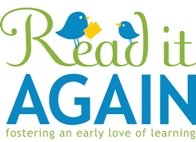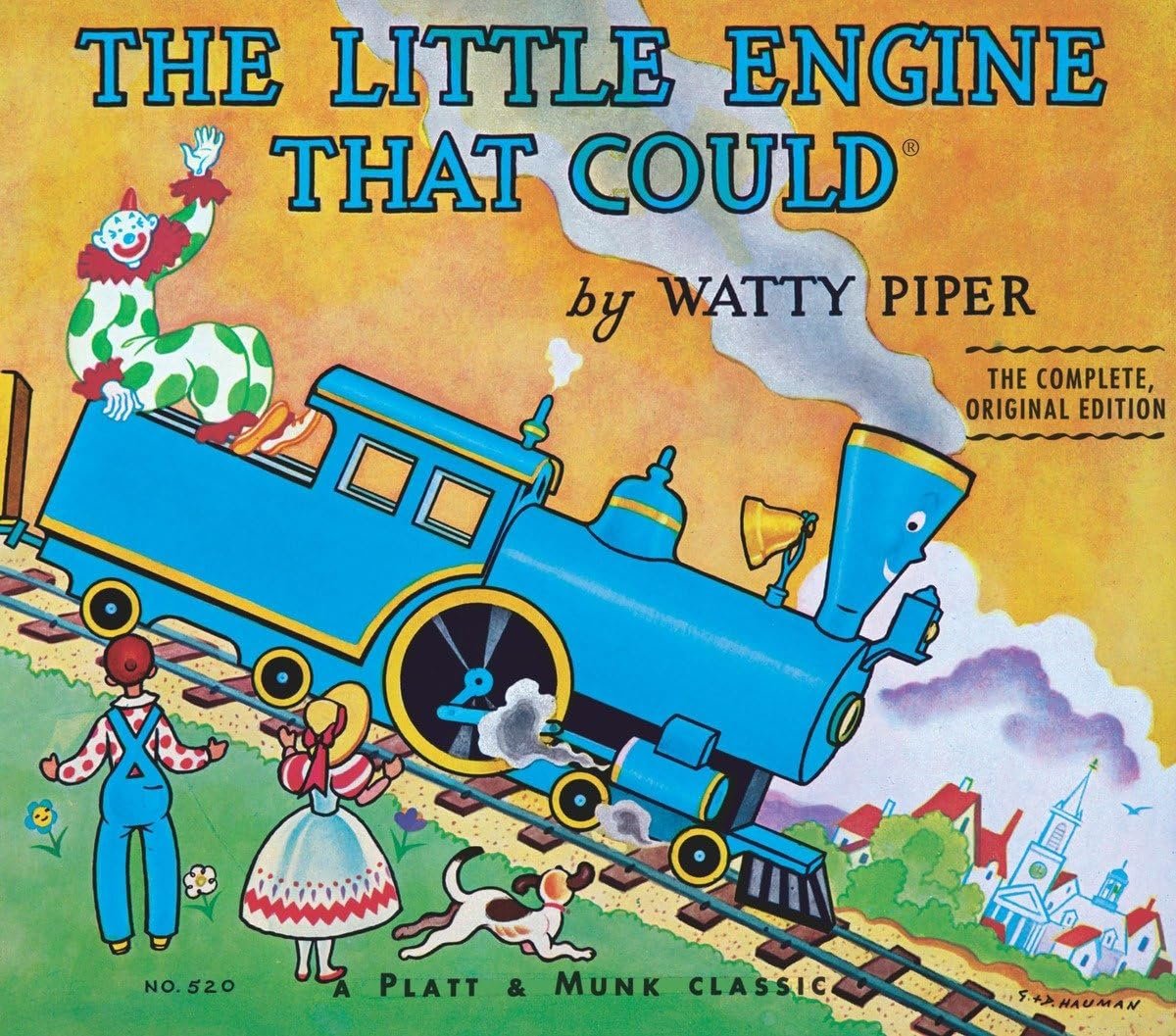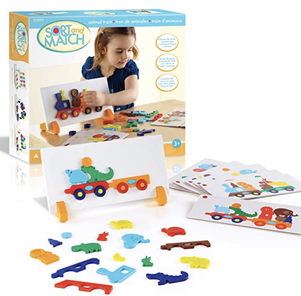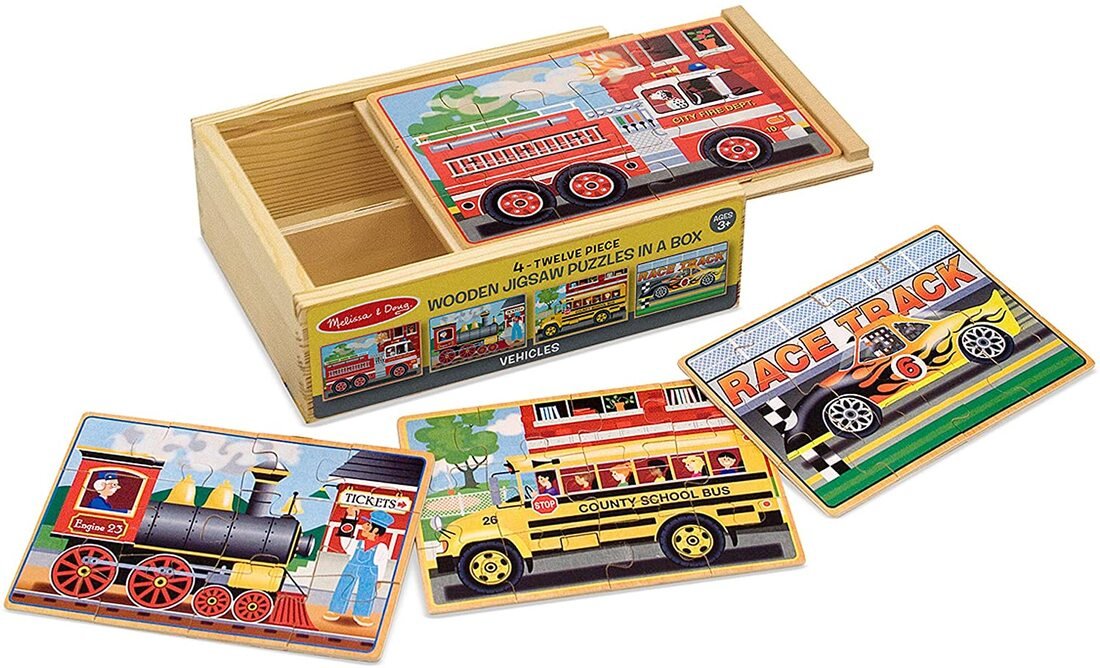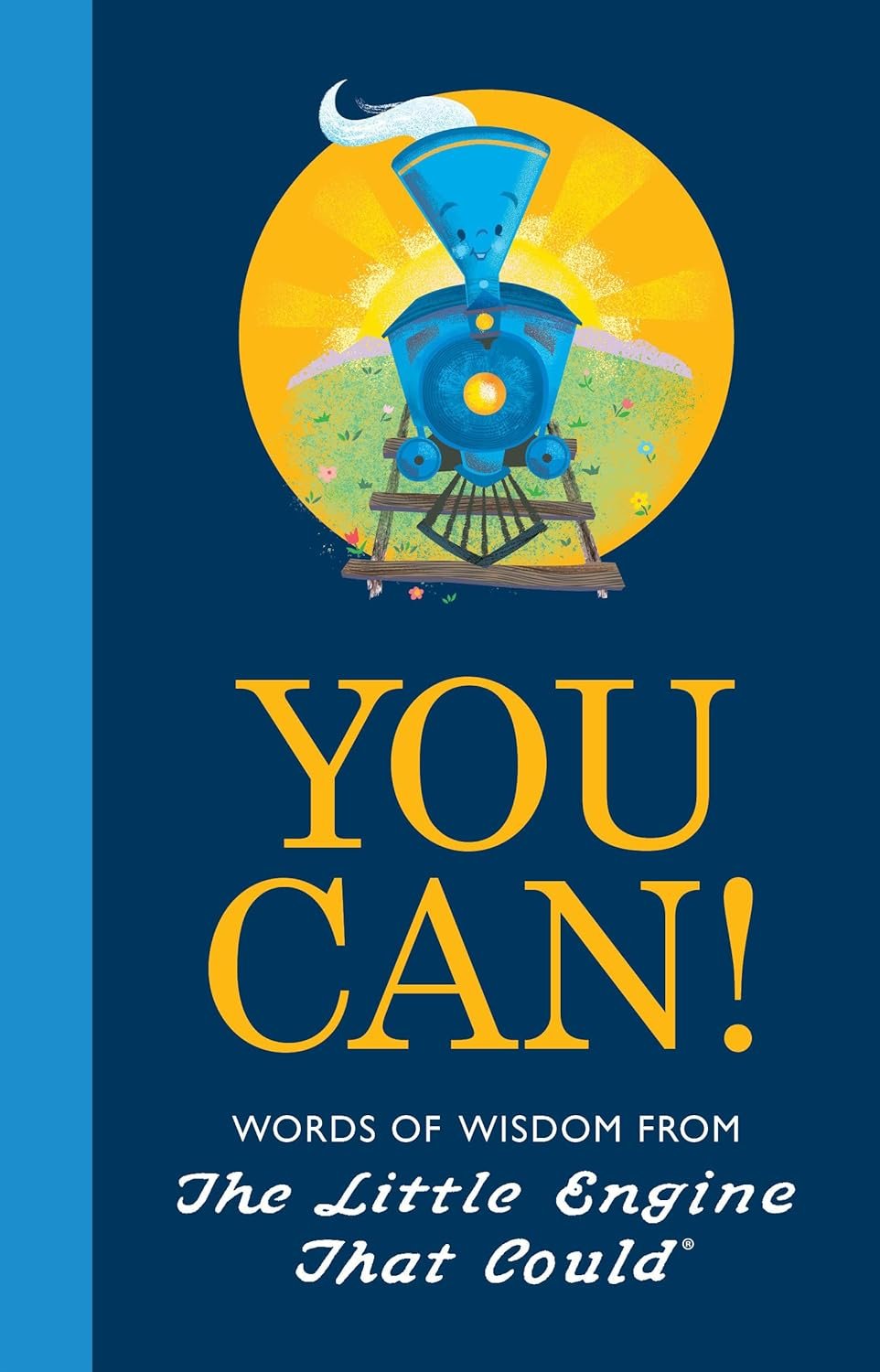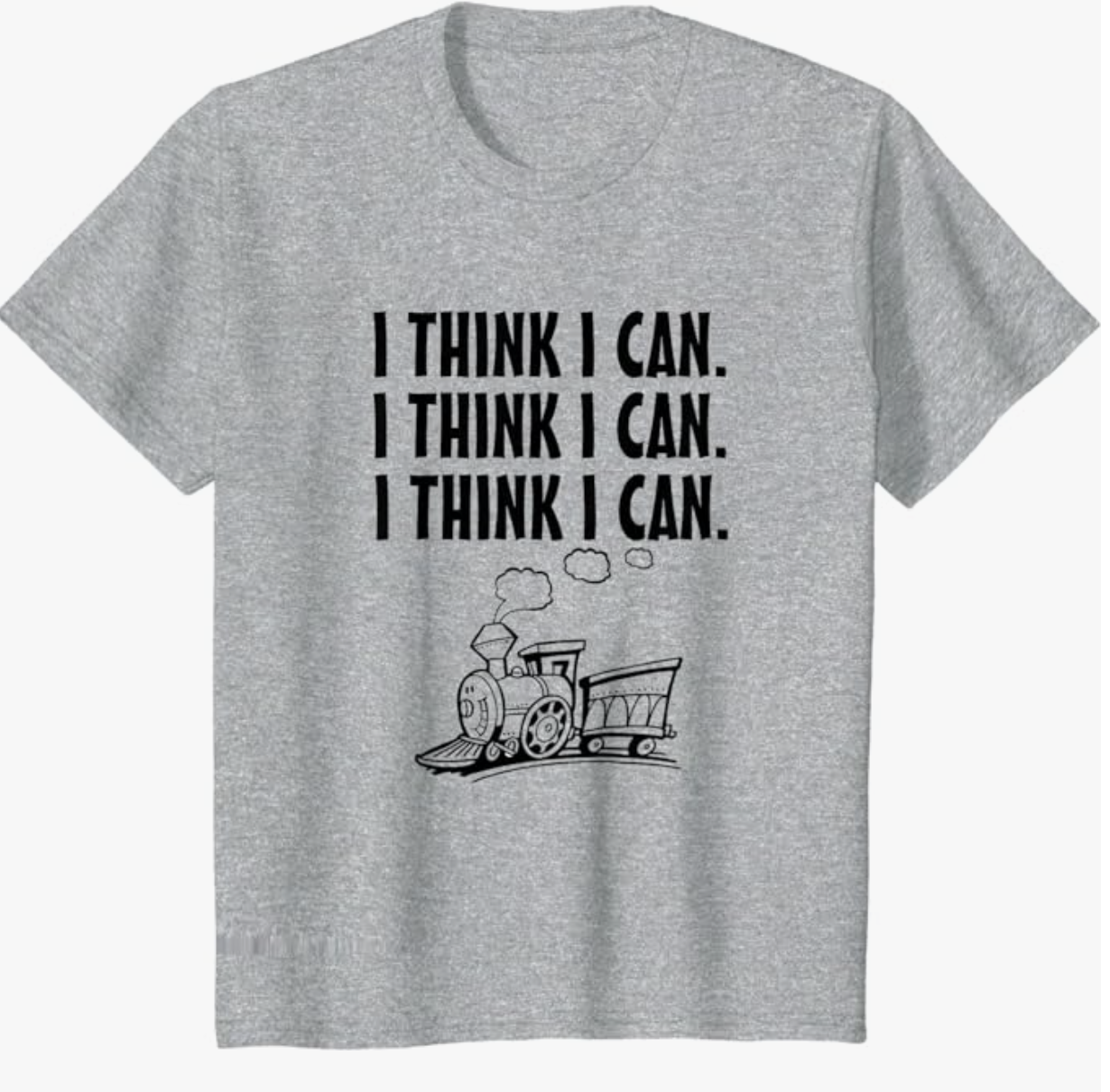 Image 1 of 7
Image 1 of 7

 Image 2 of 7
Image 2 of 7

 Image 3 of 7
Image 3 of 7

 Image 4 of 7
Image 4 of 7

 Image 5 of 7
Image 5 of 7

 Image 6 of 7
Image 6 of 7

 Image 7 of 7
Image 7 of 7








The Little Engine That Could- Beyond the Book Resources
When I was a child, this sweet book was a part of my own personal library. First published in 1930, it's truly stood the test of time. "I think I can, I think I can..." is a common chant to most adults and it's a bit of self-talk that we should probably teach all children.
Fun Fact: The author's actual name was Arnold Munk , not Watty Piper. He was one of the owners of Platt & Munk the company that actually first published the book.
Themes: Perseverance Overcoming Obstacles Kindness
Awards & Accolades: NEA Teachers' Top 100 Books for Children
Teachable Moments:
This story offers multiple opportunities for learning that go far beyond what's printed on the page or seen in the illustrations. Here's a small sample:
Order of Events
Numeral Recognition & Counting
Character Traits / Feelings
The Power of Repeated Words and Phrases - "I think I can. I think I can"
Problems & Solutions
Examples Shown with Images are for Reference Only - Not Part of the Download
When I was a child, this sweet book was a part of my own personal library. First published in 1930, it's truly stood the test of time. "I think I can, I think I can..." is a common chant to most adults and it's a bit of self-talk that we should probably teach all children.
Fun Fact: The author's actual name was Arnold Munk , not Watty Piper. He was one of the owners of Platt & Munk the company that actually first published the book.
Themes: Perseverance Overcoming Obstacles Kindness
Awards & Accolades: NEA Teachers' Top 100 Books for Children
Teachable Moments:
This story offers multiple opportunities for learning that go far beyond what's printed on the page or seen in the illustrations. Here's a small sample:
Order of Events
Numeral Recognition & Counting
Character Traits / Feelings
The Power of Repeated Words and Phrases - "I think I can. I think I can"
Problems & Solutions
Examples Shown with Images are for Reference Only - Not Part of the Download
When I was a child, this sweet book was a part of my own personal library. First published in 1930, it's truly stood the test of time. "I think I can, I think I can..." is a common chant to most adults and it's a bit of self-talk that we should probably teach all children.
Fun Fact: The author's actual name was Arnold Munk , not Watty Piper. He was one of the owners of Platt & Munk the company that actually first published the book.
Themes: Perseverance Overcoming Obstacles Kindness
Awards & Accolades: NEA Teachers' Top 100 Books for Children
Teachable Moments:
This story offers multiple opportunities for learning that go far beyond what's printed on the page or seen in the illustrations. Here's a small sample:
Order of Events
Numeral Recognition & Counting
Character Traits / Feelings
The Power of Repeated Words and Phrases - "I think I can. I think I can"
Problems & Solutions
Examples Shown with Images are for Reference Only - Not Part of the Download
Extend the Learning with Story-Based Play
Adding an element of play is another way to deepen your child’s understanding of concepts within and beyond a story. According to Hall (1991), young children often develop advanced literacy skills when they engage in play related to a familiar story. Many complex literacy skills develop naturally when the story and play intersect, setting the stage for your child to learn to read and write.
It’s easy. Take a great story, gather toys that align with that story, and get out of the way. Your child will do the rest. The goal is to allow the play to evolve naturally. You’ll be surprised by the amount of learning transferred and reinforced through this type of play.
Here’s Why We Love These Specific Products:
They have direct connections to the book.
They reinforce new vocabulary.
They encourage imaginative play
They make it easy to re-enact parts of the story.
They often take learning beyond the confines of the story.
Few require batteries, screens, or electricity.
If you purchase something through one of our links, you won't pay a penny more, but we’ll earn a tiny commission which helps keep the lights on.
